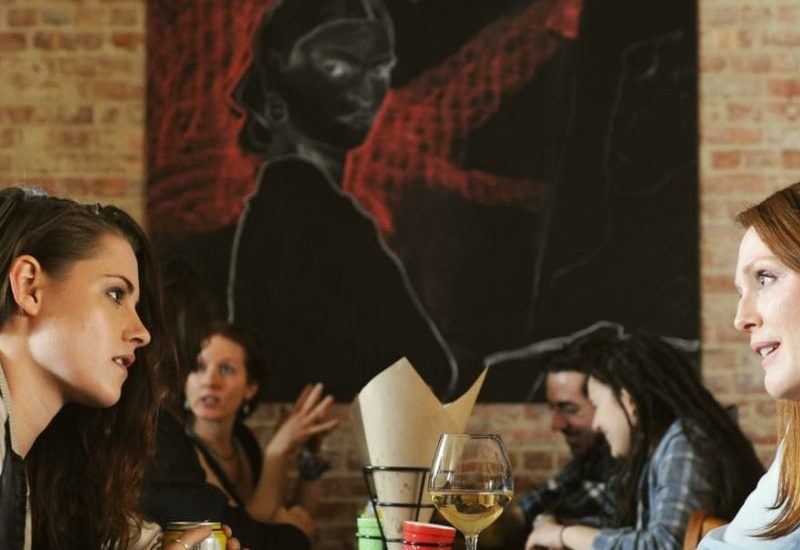Still Alice And The Truth About Alzheimer’s Disease By: Rose Heredia

This year I read Still Alice by Lisa Genova. I read this book urgently and was left paralyzed with how debilitating Alzheimer’s Disease can appear to those diagnosed and the caretakers of them. Still Alice is about Alice, a woman in her forties diagnosed with early onset Alzheimer’s Disease. Genova is a neuroscientist who decided to take her knowledge of this disease and create this harrowing tale of life with Alzheimer’s.

As a child who has a grandmother currently suffering from dementia, and a parent showing signs of forgetfulness that could potentially degrade to being diagnosed with Alzheimer’s, I think about my brain and memory all the time. I was struck with paying attention to my memory gaps and also the tip of the tongue, phenomenon which Genova mentions in an NPR interview. It’s the moment when you remember the syllables, the first word, or the first letter of a word or phrase and remember it a few hours later. Reading this book had me second guessing myself and wondering, “Could I possibly have this disease?” After watching Genova’s straightforward TED Talk on how to prevent Alzheimer’s, I felt better.
Genova mentions two simple things that can prevent Alzheimer’s: sleep and exercise. Seems pretty simple, right? It can be but there are other factors based on genetics. Using your brain the way we’re encouraged to, like solving crossword puzzles, learning a new language, or playing an instrument provides our brains with more of an ability to fight this disease. Anything that keeps our brain working in different ways is preventative in nature. What Genova doesn’t mention is learning if you carry the genetic gene for Alzheimer’s.

In Still Alice, when Alice learns she’s diagnosed with early-onset Alzheimer’s Disease, she suggests her children take a genetic test to learn if they have the carrier gene for inheriting it down the line. While this is a fictional novel, what’s not fictional is that this test does exist. The scariest part is the aftermath after learning if you do carry the gene or not.
Since this book petrified me so much because my life revolves around words and comprehension, I’m most definitely going to take this test. I’m not going to take it now, so as not to be an alarmist to myself. As long as I sleep and exercise, I feel out of the woods for now. Plus, it’d be a fluke (similar to Alice in the novel) to be diagnosed with this disease in my late thirties.
Alzheimer’s Disease will affect every one of us in some way. Like Lisa Genova mentions in her Ted Talk, we will either have the disease or be a caretaker in some way. It’s important to be informed of your family history and to learn more about this disease that while it affects more folks in their old age, that doesn’t mean people in their middle age are completely out of the woods.
To learn about the current news about Alzheimer’s Disease, visit the website Being Patient.
Read the book Still Alice and watch the film if possible. Julianne Moore is specularly good as Alice.



